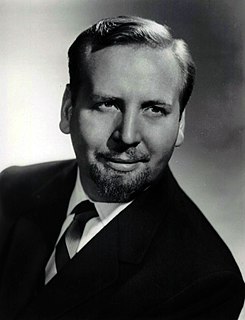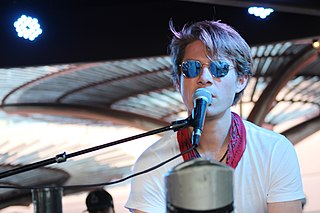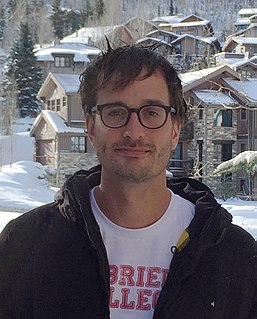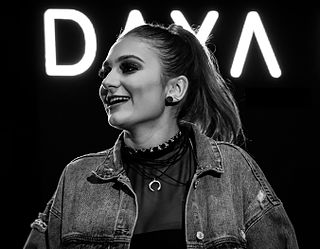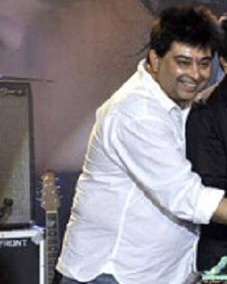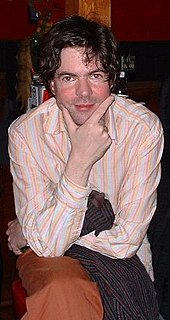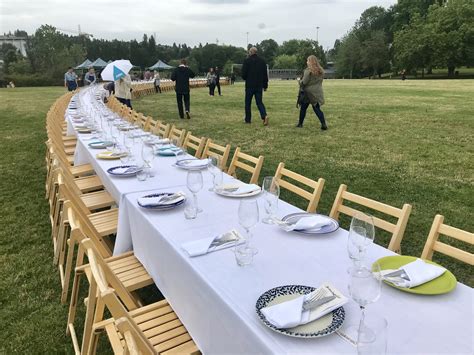A Quote by Skitch Henderson
I recorded with Sinatra, but the recording business is a very strange strata right now.
Related Quotes
For some years now, I've been doing a program called "Sinatra Sings Sinatra." It's been going on virtually since the end of '98. Nineteen ninety-eight was the year Frank Sinatra died. ... Now having reached what would have been his 100th year - I decided back in 2013 when we started to put all of this together, I decided what we should do was the first "Sinatra Sings Sinatra" in which we go audio visual.
There is a man up in Philadelphia, I've known him for 50 years now, his name is Sid Mark. He does a radio program featuring Frank Sinatra music exclusively - one show for decades, "Friday with Frank," "Saturday with Sinatra," "Sunday with Sinatra," for decades. This is something that is really quite important.
If you're recording the song on your four-track in your kitchen, when you finished writing the song, you're recording, and it's cool, and honor that. And maybe that's the version that should be released. And if you're recording the song again, it shouldn't be because there's a version you love that you're chasing. It should be because "You know what? I made a recording, but I don't love it emotionally." So, okay, then record again. And be in it and take advantage of the buzz and energy of "I'm getting to record right now!" It's such a beautiful and cool privilege.
We have all the technology to record things in the streets. Now the historians cannot twist it or change it, because we have cellular phones or video cameras, and we are filming in the streets what's going on. We have the voices of everybody recorded. There's too much recording and I think that's wonderful.
